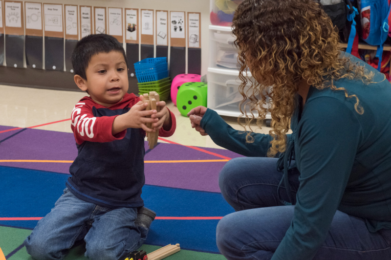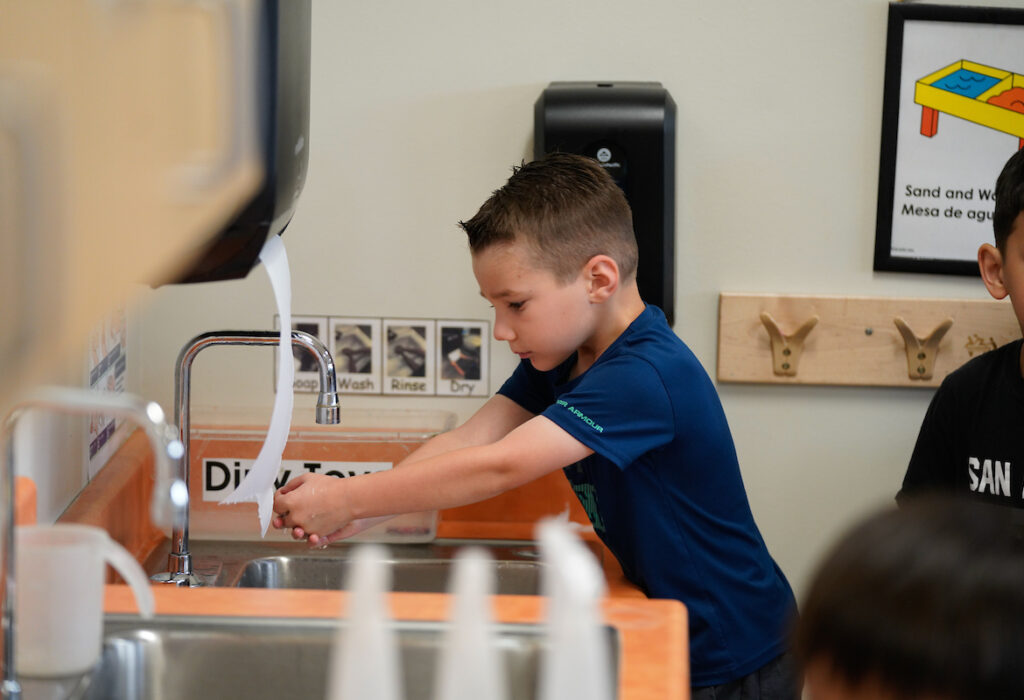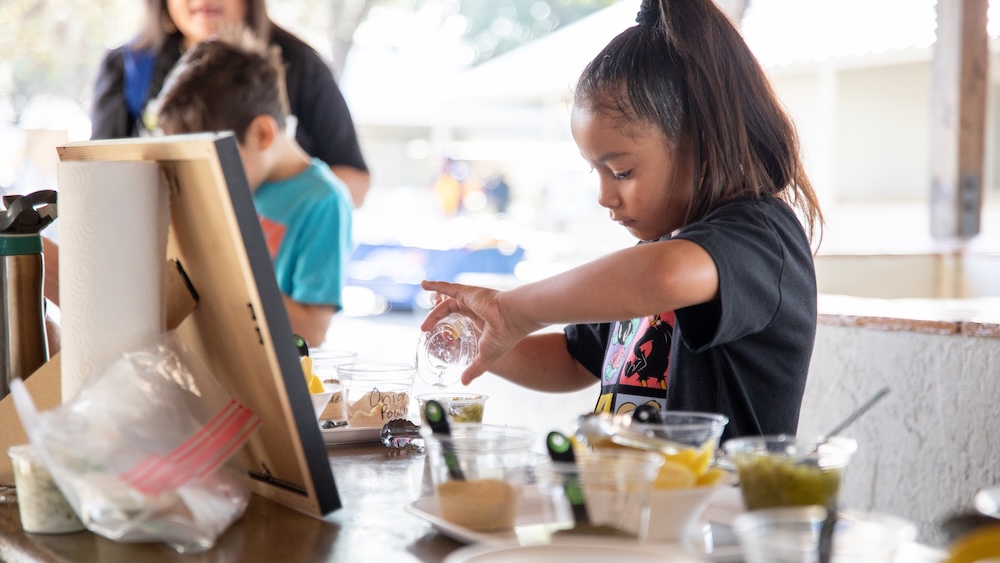As the seasons change and cold and flu viruses start making their rounds, it is important to equip our children with good health, wellness, and hygiene practices. Young children are more susceptible to illnesses due to their still-developing immune systems and close peer interactions. Here are some tips to help keep your little one healthy during the cold and flu season.
Handwashing: Teach your child the importance of handwashing. Use fun and engaging methods like singing songs while they scrub their hands with soap and water for at least 20 seconds. Encourage them to wash their hands after using the bathroom, before meals, and after sneezing or coughing.
Nurses Note: The “Itsy Bitsy Spider” is the perfect song to sing while washing your hands!
Cover Their Coughs and Sneezes: Teach your child to cough or sneeze into their elbow or a tissue, not their hands. Make sure they dispose of used tissues properly and wash their hands afterward to prevent the spread of germs.
Boost Their Immunity: A well-balanced diet with plenty of fruits and vegetables can help boost your child’s immune system. Ensure they get enough sleep and physical activity to keep their bodies strong.
Stay Hydrated: Encourage your child to drink plenty of water throughout the day. Proper hydration supports overall health and helps the body fight off illnesses.
Vaccinations: Consult your healthcare provider about age-appropriate vaccinations to protect your child from common illnesses like the flu.
Nurses Note: Remember, it takes two weeks to develop full immunity, so get your flu shot now! Your Family Liaison can also connect you to vaccination resources.
Clean and Disinfect: Regularly clean and disinfect frequently touched surfaces in your home, such as doorknobs, light switches, and toys. This can help prevent the spread of germs within your family.
Nurse’s Note: Stock up on Clorox Disinfectant Wipes.
Stay Informed: Stay updated on the latest health guidelines from trusted sources such as Metro Health San Antonio and the Centers for Disease Control and Prevention (CDC), and follow any recommendations specific to your area.
Teach Empathy: Help your child understand the importance of not coming to school when feeling unwell. This not only protects their health but also shows consideration for their classmates.
Weather changing: As temperatures drop, please dress your child in warm clothing.
Stay well: If your child suffers from seasonal allergens, start preventive medications a few weeks before allergy season starts and continue daily. Always check with your healthcare provider regarding medications.
Instilling these healthy habits in your child can reduce their risk of falling ill during the cold and flu season. Remember that setting a good example through your hygiene practices can also go a long way in teaching your child how to stay healthy and well.






